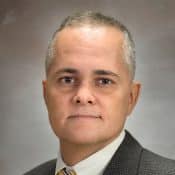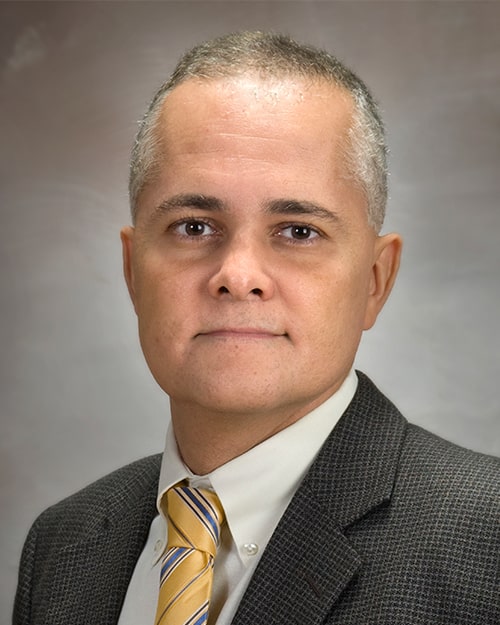About
Jair C. Soares, MD, PhD, is a board-certified specialist and a renowned educator in the field of psychiatry. He received his medical degree from the in Brazil. He then went on to complete his general psychiatry residency at the University of Pittsburgh, and his brain imaging fellowship at Yale University.
Before his time at UTHealth Houston, Soares served as a professor at the University of North Carolina at Chapel Hill. He was a deputy chair and division chief for the Department of Psychiatry at UT Health San Antonio. Throughout his academic career, Soares has published over 350 peer-reviewed articles, held several editorial positions at national and international medical journals, and received research funding from several federal and private institutions. Soares currently serves as the vice president for the National Network of Depression Centers, and is on the executive council, finance committee, and travel award committee for the International Society for Clinical Trials Methodology.
Soares began his career at UTHealth Houston in 2009 when he became the professor and chair of the Louis A. Faillace, MD, Department of Psychiatry and Behavioral Sciences at McGovern Medical School at UTHealth Houston. Now, he serves as the vice president of Behavioral Sciences at UTHealth Houston, and the director of the UTHealth Houston Center of Excellence on Mood Disorders. Soares also serves as the executive director of the John S. Dunn Behavioral Sciences Center and the UTHealth Houston Harris County Psychiatric Center. There, he leads the largest academic behavioral health complex in the nation. Soares also oversees the psychiatry services at two local Houston hospitals; Memorial Hermann-Texas Medical Center and Harris Health Lyndon B. Johnson Hospital.
In February 2024, Soares was named as the founding dean of UTHealth Houston School of Behavioral Health Sciences. He will begin work to not only build the school’s funding and reputation, but to build the school’s curriculum and course foundation. Soares wants to focus on training, the understanding of underlying mechanisms, and a commitment to providing care for patients. He strives to educate and create the next generation of experienced health care workers in mental health specialties so they can provide quality care to patients across Texas.



